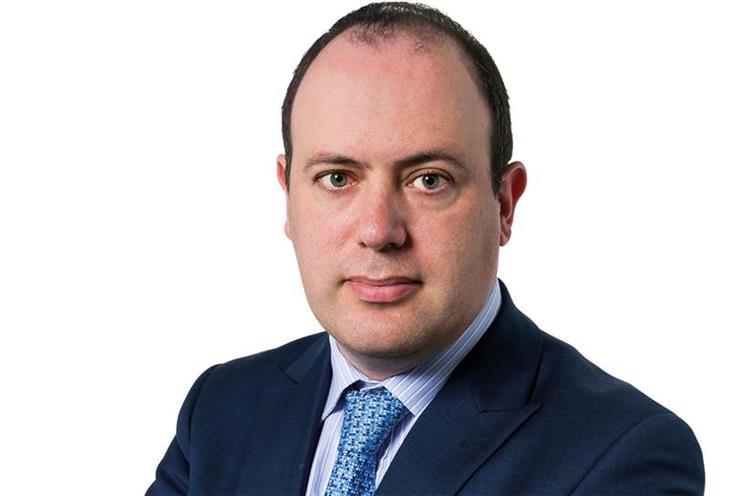Britons love to gamble and a large chunk of the media industry loves gambling. UK ad revenues from betting, casino and lottery rose from £40m in 2007, when regulation was relaxed, to £172m in 2015, according to Nielsen, and that’s probably an underestimate. Sources reckon gambling ads are worth £250m a year.
Most observers are unaware just how much TV ad revenues have soared, thanks to the booming online market in "in-play" betting during live sport. Broadcasters have welcomed the money because it has proved the power of TV and inflated the value of airtime. Usually, only one bookie will advertise during each break, which has increased scarcity and made it more expensive to reach young males not just during sport but across the TV schedule.
No wonder broadcasters are aghast at the government’s talk about curbing gambling ads on daytime TV. Ministers fear that these ads are fuelling problems with addiction, particularly among younger people. "My children can recite just about every gambling ad there is," Karen Bradley, the culture secretary, told MPs.
Some daytime sports shows – cricket on Sky, for example – are inundated with gambling ads, and Bradley is not alone in feeling uncomfortable. The issue divides opinion in the ad industry.
It is hard to find evidence that TV ads have directly led to a rise in gambling problems. But the Gambling Commission has found the proportion of 18- to 24-year-olds with a serious gambling problem has risen threefold to 1.5% in three years.
Broadcasters insist a daytime curb on gambling ads in the already-regulated world of TV would be short-sighted when the unregulated Wild West of online advertising is a bigger issue. They say it wasn’t the end of tobacco ads on TV that led to a drop in cigarette consumption, it was a ban on smoking in public places. However, that is hardly a justification to continue with such ads.
Self-regulation has worked well for the ad industry, so media owners need to consider their responsibilities – not only to children but also to adults.
ITV and Channel 5 each carry two hours of casino programming after midnight six or seven days a week. Sky Bet, which Sky built into an £800m business before selling it, and News UK’s Sun Bets are other examples of media owners encouraging gambling. The Guardian felt so awkward about its site, Go Wager, that it cut its links last year.
The media industry has bet too much on gambling for revenue.



